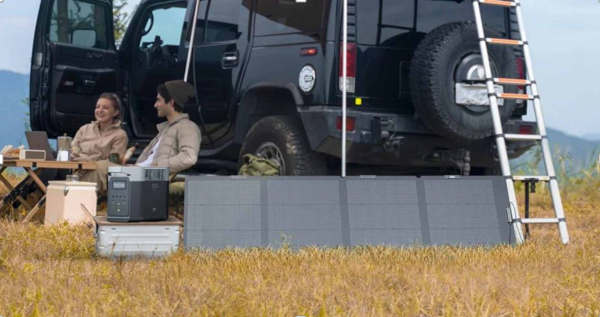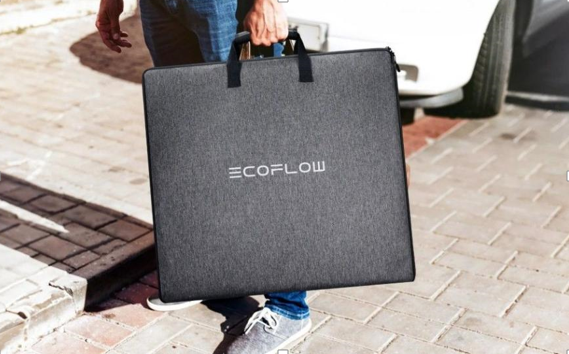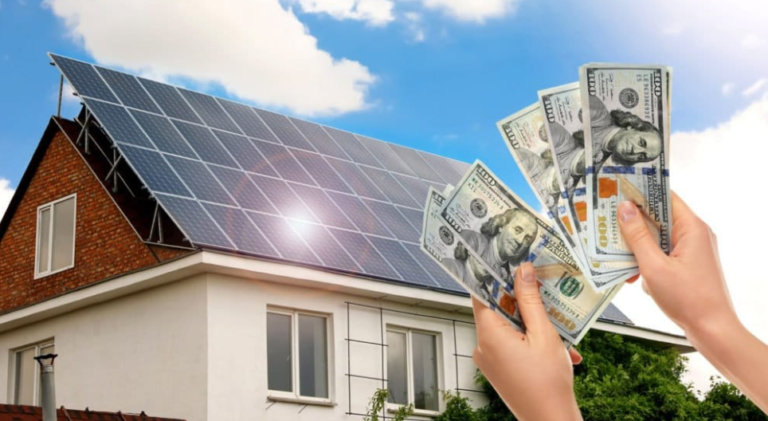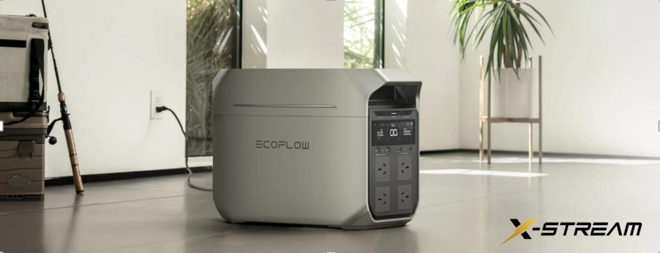How Can I Pick a Good Portable Solar Panel?
A great way to harness the sun’s energy for camping, trekking, or powering electronics during a power outage is by using portable solar panels. It might be challenging to find the ideal solar panel due to the dizzying array of options available today. Maximizing your solar panel’s power output requires knowledge of its size, weight, durability, and compatibility. Keep reading to find out how to choose the right solar panel for your outdoor living space and what your electricity demands are.
Essential Considerations for Selecting a Portable Solar Panel
Power Output and Efficiency
Efficiency and power production are two of the most important considerations when choosing a portable solar panel. You can charge larger gadgets more quickly since a panel with a higher wattage can produce more electricity. Efficiency, which varies depending on the technology being utilized, is the panel’s ability to transform sunlight into useful energy. Generally speaking, higher efficiency panels are smaller and perform better in low light levels, which might be crucial in overcast or outdoor settings. To ensure that the panel meets your energy requirements, always verify its rated power and efficiency.
Size, Weight, and Portability
Your solar panel’s portability is greatly impacted by its weight and size. Foldable, lightweight panels are more convenient to transport, which makes them perfect for long-distance camping or hiking excursions. Compact designs can fit in small storage spaces or backpacks if space is at a premium. But keep in mind that bigger panels could provide more power, but they will also weigh more. Always weigh the weight and space you are willing to carry against the amount of power you require. Your overall energy requirements and preferred mode of transportation should be balanced with portability.
See also: How Technology Is Redefining the Customer Experience
Durability and Weather Resistance
It’s important to choose a portable solar panel that will last and not get damaged by the weather. Since these panels are meant to be used outside, they will be exposed to all kinds of weather. Look for panels that are made of tough materials that can handle being hit, scratched, and heated or cooled to very high or very low temperatures. Also, make sure the panel can handle rain or moisture by making it water-resistant or waterproof. A strong panel will last a long time and work reliably, so it’s a good buy for long-term trips outside or being ready for emergencies.

How Much Solar Power Do You Need?
Understanding Your Power Requirements
Understanding your electricity requirements is the first step in selecting the best solar panel. Consider the gadgets you plan to charge, including laptops, phones, and portable lights. Estimate how much sunshine you will receive on your travels after calculating each device’s energy usage in watt-hours (Wh). This aids in figuring out the output and panel size required to satisfy your needs. Knowing how much electricity you use can help you select a solar panel that will supply enough energy to keep your gadgets charged without putting too much strain on the system.
Choosing Panels Based on Device Compatibility
Not every gadget charges in the same manner. Some are more adaptable, while others need greater voltage or particular kinds of input. To be sure a solar panel will work with your equipment, look at its output parameters. A variety of output connectors, including USB, DC, and AC outlets, are frequently included with portable solar panels. Verify that the panel you select contains the connections required to charge your devices. You don’t have to worry about compatibility problems when you’re on the go since proper compatibility guarantees effective charging and prevents harm to your gadgets.
Considering Solar Panel Charge Times
The solar panel’s power output and the amount of sunshine it receives determine how long it takes to charge. Because of their lower power or efficiency, some portable solar panels charge gadgets more rapidly than others. Look for solar panels with more power and faster charging rates if you require a solar panel that can charge quickly. Take into account the panel’s capacity to charge in partial sunlight as well. Higher-efficiency solar panels offer greater flexibility and convenience for outdoor usage by charging gadgets even in overcast weather.
Conclusion
Power output, size, weight, durability, and device compatibility are all important considerations when choosing a portable solar panel. You may pick a model that meets your demands by knowing how much electricity you need and taking into account the environment in which the panel will be utilized. Purchasing a dependable solar panel guarantees that you will always have access to sustainable energy, whether for emergencies or outdoor excursions. Solar panels may be a useful and environmentally friendly way to power your gadgets wherever and whenever you need them, provided you make the right choice.






